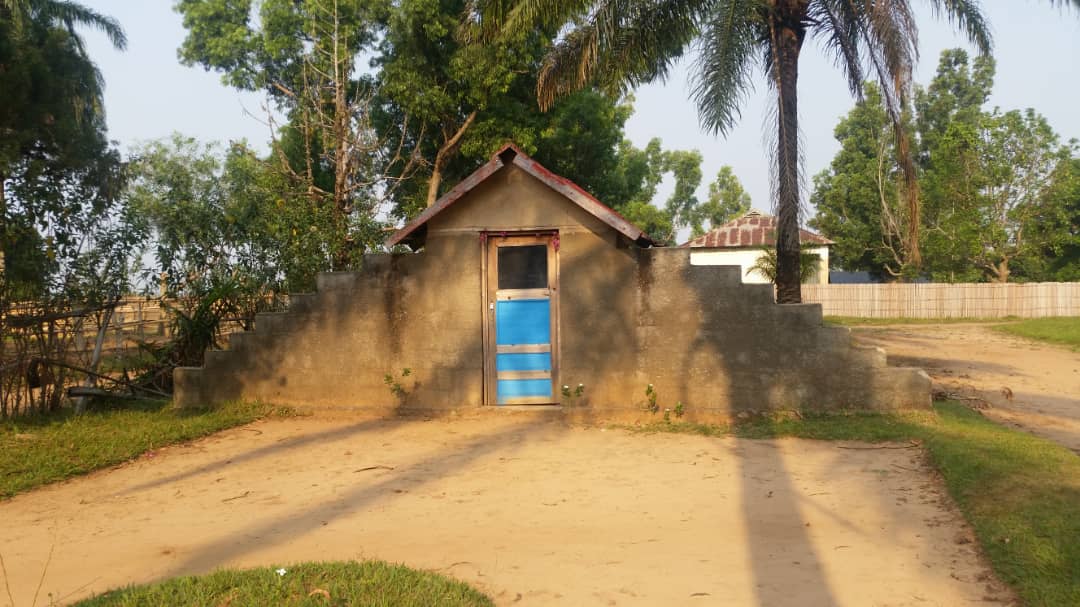An unknown flu-like disease has broken out in Kwango Province in southwestern Democratic Republic of Congo (DR Congo). The Africa Centers for Disease Control and Prevention (AfricaCDC) said on December 5 that 79 people have died so far, and the test results are expected to be available on December 6 or 7. The World Health Organization said on December 6 that it has sent experts to the area to support Congo in strengthening disease diagnosis in remote areas.
The Africa CDC released data on the unknown epidemic on social media, saying that from October 24 to date, a total of 376 cases have been recorded in Kwango Province, of which 79 people have died. Among these patients, the proportion of female patients is relatively high. According to the data from the authorities, 198 of them are children under 59 months old, accounting for more than half, and 17 of them have died.
In addition, 28 people aged 5 to 9 were infected and 4 died; as for the groups aged 10 to 14 and 15 to 19, 1 person each died.
Authorities said patients' symptoms included headache, fever, difficulty breathing and anemia, and most patients reportedly died at home without receiving treatment.
The Democratic Republic of Congo's government urgently dispatched epidemiologists to the area to collect samples and clarify the source of the disease. Provincial Health Minister Apollinaire Yumba advised the public to be cautious and not to touch the bodies of the dead to avoid contamination. He called on domestic and international partners to provide medical supplies to respond to the health crisis.
The Africa CDC released data on the unknown epidemic on social media, saying that from October 24 to date, a total of 376 cases have been recorded in Kwango Province, of which 79 people have died. Among these patients, the proportion of female patients is relatively high. According to the data from the authorities, 198 of them are children under 59 months old, accounting for more than half, and 17 of them have died.
In addition, 28 people aged 5 to 9 were infected and 4 died; as for the groups aged 10 to 14 and 15 to 19, 1 person each died.
Authorities said patients' symptoms included headache, fever, difficulty breathing and anemia, and most patients reportedly died at home without receiving treatment.
The Democratic Republic of Congo's government urgently dispatched epidemiologists to the area to collect samples and clarify the source of the disease. Provincial Health Minister Apollinaire Yumba advised the public to be cautious and not to touch the bodies of the dead to avoid contamination. He called on domestic and international partners to provide medical supplies to respond to the health crisis.











Comment